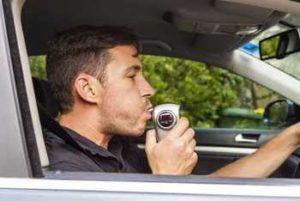 Do you need help defending DWI criminal charges? You may be feeling worried about ending up with a conviction and having to face the penalties. Here is what you need to know.
Do you need help defending DWI criminal charges? You may be feeling worried about ending up with a conviction and having to face the penalties. Here is what you need to know.
DWI Criminal Charges | Receiving Two Tickets for DUI
A Driving While Intoxicated charge in New York typically has two components. The first is what we call the Common Law Driving While Intoxicated. That is based upon the officer’s observations of you and your performance on the field sobriety tests. His opinion is that you are intoxicated. The other charge that people typically get is if they did take the breath test and they blew higher than a .08, which would result in a Driving While Intoxicated per se. That means the law recognizes that anyone who has a blood alcohol content of .08 or higher is intoxicated by definition. Additionally, if someone is driving with a blood alcohol content of .18 or higher that’s considered an Aggravated Driving While Intoxicated. Although that doesn’t make it a felony if it wasn’t already a felony, it certainly carries with it stiffer penalties and higher fines.
DWI Criminal Charges | Do I Have to Cooperate with the Police?
You’re under no obligation to answer any of the police officer’s questions. You’re under no obligation to actually perform the field sobriety tests. We already know that the police officer is going to use his observations of you in the field sobriety tests and his observation of your speech in order to determine if you’re intoxicated. If you don’t answer those questions and you don’t perform the field sobriety tests, it would potentially mean the police officer would lack the ability to form a sufficient opinion as to whether or not you were intoxicated. It’s perfectly legal and fine if you refuse to do all of the field sobriety tests. The court may consider your refusal as evidence of guilt, but it is not enough by itself to convict you of Driving While Intoxicated.
DWI Criminal Charges | DWAI vs. DWI
The difference between a Driving While Intoxicated and a Driving While Ability Impaired conviction is that a Driving While Intoxicated conviction is a crime. It’s a misdemeanor. A Driving While Ability Impaired is a violation like a traffic ticket. A Driving While Ability Impaired conviction is not a predicate offense for a felony charge. The fees and the consequences of a Driving While Ability Impaired charge are less serious than a Driving While Intoxicated charge.
If you need a fierce Rochester DWI lawyer, please call our office today for a free consultation with attorney Michael Schmitt.
